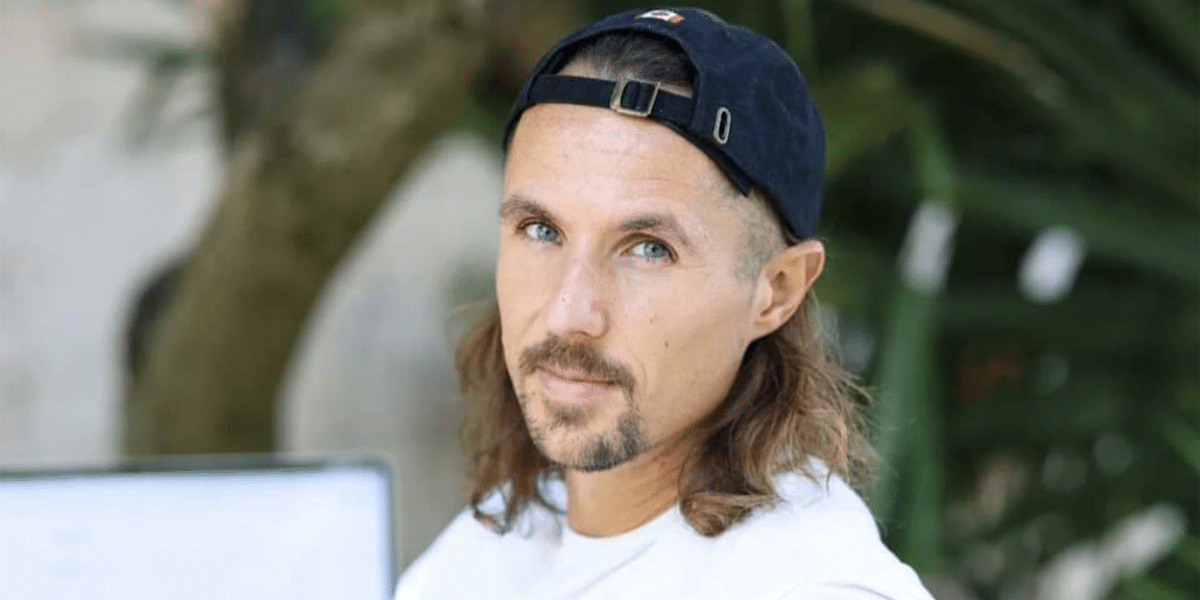In a digital scene crowded with experts and advice, Ted Carr stands out as an inspiring mentor to new content creators. He shows that building a profitable online business doesn’t have to equate to endless sales pitches. Instead, he values authenticity, free knowledge-sharing, and empowerment—a rare and valuable find in the current landscape. From his early days in the fruitarian community to becoming a six-figure business coach, Carr’s approach has transformed what it means to be a contentpreneur.
From Health Journey to Business Mentor
Ted Carr’s path started not with business but with a quest for health. Struggling with severe acne, he turned to a fruit-only diet, hoping for the clarity and energy he saw in others online. His health transformation marked a turning point in his life—but observing other fruitarians’ financial success ignited his entrepreneurial spirit. Realizing he could leverage his journey, he built a YouTube channel and shared his experiences. However, making a profit didn’t come easily. Carr recalls launching his first ebook with little success and struggling to connect with an audience. He says, “It was like shouting into the void—no one was watching.”
Finding a Mentor and the Birth of “The Freebie Funnel Method”
The key shift came when Carr met Joey B., a friend who would become his mentor. Under Joey’s guidance, Carr learned that helping others requires more than passion; it requires strategy. This led to Carr’s unique “Freebie Funnel Method,” a non-sales approach where valuable content is given freely on social media, with optional paid upgrades offered off-platform. Carr created a model that resonates with his audience by sharing genuinely helpful resources without charging upfront while establishing trust and value.
Today, Carr’s company generates a notable monthly income, showcasing the potential of a business model built around free offerings. His “Freebie Funnel Method” doesn’t rely on high-pressure sales tactics but rather attracts clients naturally, proving that online success may stem from authenticity rather than aggressive marketing. This unique approach has inspired a generation of new content creators who seek to make an impact without compromising their values.
Contentpreneurship, Skool, and the Vision Forward
Carr’s dedication to guiding others has led him to become an early investor in Skool, a platform that brings communities together and serves as a base for creators to connect with their audience. By participating in Skool and winning the Skool Games twice, he has shown a commitment to not only the business side of contentpreneurship but also the importance of community and collaboration.
Beyond his role as a mentor, Carr has a vision for creating documentaries about inspiring entrepreneurs on Skool. This step combines his content creation skills with his commitment to uplifting others. For aspiring creators looking to take the first step, Carr’s advice is simple: find guidance from someone a step ahead, and don’t let the fear of giving away too much hold you back.
The Impact of Ted Carr’s Legacy
Carr’s journey from an individual looking for better health to a CEO and mentor illustrates that true success is about lifting others along the way. His story isn’t just about building a profitable business; it’s about redefining what it means to be a content creator today. Through his platforms like Instagram and YouTube, Carr continues to connect with his audience, reminding them that knowledge is powerful—and so is the choice to share it freely.
Disclaimer: The information provided in this article is for general informational purposes only and is not intended to be medical, financial, or any professional advice. While we strive for accuracy, we make no representations or warranties, express or implied, about the completeness, accuracy, reliability, suitability, or availability of this information. Use of this information is at your own risk.
Published by: Martin De Juan


















